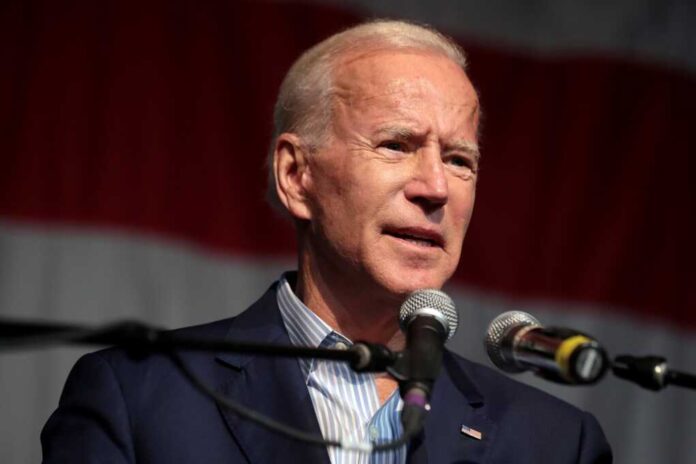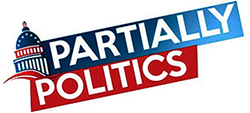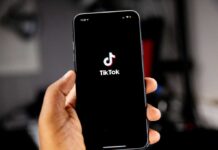
(PartiallyPolitics.com) – Ahead of the November election, President Biden is heavily investing political effort into student loan forgiveness, a move experts believe could play a decisive role in key battleground states. Michael Hopkins, CEO of Northern Starr Strategies, pointed out, “We’re particularly watching swing states like Pennsylvania, Wisconsin, Michigan, where the greatest impact is expected.”
Since Biden’s inauguration, billions have been cleared in student loan debt, notably in states that could swing either way in the upcoming tight race against former President Trump. According to Alan Collinge, founder of StudentLoanJustice.org, “Distressed student loan borrowers form one of the largest politically independent voting groups in recent U.S. history, and they turn out to vote at significantly higher rates than average.”
The U.S. currently has over 44 million people with student loans, accumulating more than $1.6 trillion in debt. Under Biden’s administration, $153 billion of this debt has been forgiven. The Biden administration recently illustrated which states benefited the most from student debt relief through income-driven repayment plans. Notably, California, Florida, and Texas topped the list, with substantial electoral influence, while Wyoming, North Dakota, and Alaska saw the least relief.
Key swing states have also seen significant debt relief, with more than a billion dollars forgiven in many such states; for example, Pennsylvania saw $4.9 billion and Arizona $2.5 billion forgiven. Cristina Tzintzún Ramirez, president of NextGen America, commented on the narrow margins in these states and the potential for student debt relief to sway young voters’ economic futures and election outcomes.
John Della Volpe, Director of Polling at the Harvard Institute of Politics, highlighted that 70% of voters feel the government should act on student loans. This sentiment is particularly strong among younger voters, a demographic where Biden has struggled against Trump, as evidenced by a NPR/NewsHour/Marist Poll indicating Trump’s lead among millennials and Gen Z.
Recently, a young voter who benefited from one of Biden’s loan forgiveness initiatives told Ramirez, “The significant reduction in my student debt makes me feel indebted to the Biden administration, compelling me to vote for them and support their re-election vigorously.”
This week, Biden announced two major student loan forgiveness initiatives, including plans on Monday to eliminate some or all debt for various borrower groups, and on Friday, he announced $7.4 billion in relief for 277,000 borrowers across over 40 states.
Despite voter concerns about the economy under his leadership, with a February Marquette Law School poll showing only 25% positive economic ratings, Democratic strategist Antjuan Seawright suggests that focusing on those positively impacted by Biden’s student loan policies could prove advantageous.
However, Republican opposition remains strong. Rep. Virginia Foxx (R-N.C.) criticized Biden’s recent moves as a “tone-deaf” attempt to secure votes through an “illegal student loan scheme,” especially criticizing the administration’s handling of federal financial aid forms. Yet, Biden’s proponents argue this is exactly how democracy works—fulfilling campaign promises to win votes. Ramirez said, “That’s what democracy is about. You deliver on promises, and people vote for you because you’ve positively impacted their lives. If opponents don’t appreciate that, they fundamentally misunderstand democracy.”
Advocates believe that GOP resistance to student loan relief has cost them in past elections and could continue to do so. Collinge suggested, “Student loans were pivotal in the absence of a red wave in the 2022 midterms, proving it’s an effective strategy for Democrats. It feels like the Democrats are outmaneuvering Republicans on this front.”
Copyright 2024, PartiallyPolitics.com













